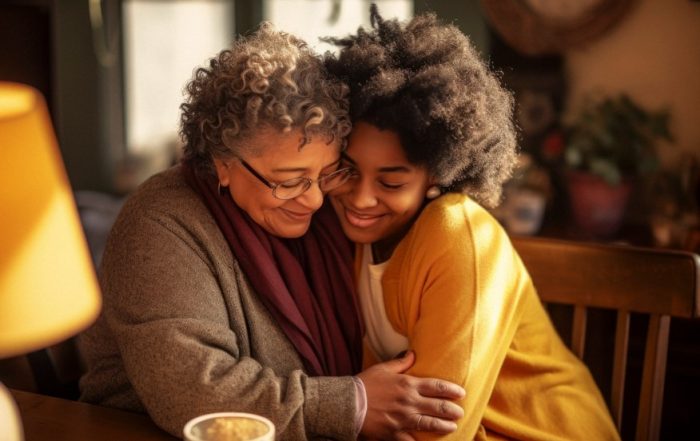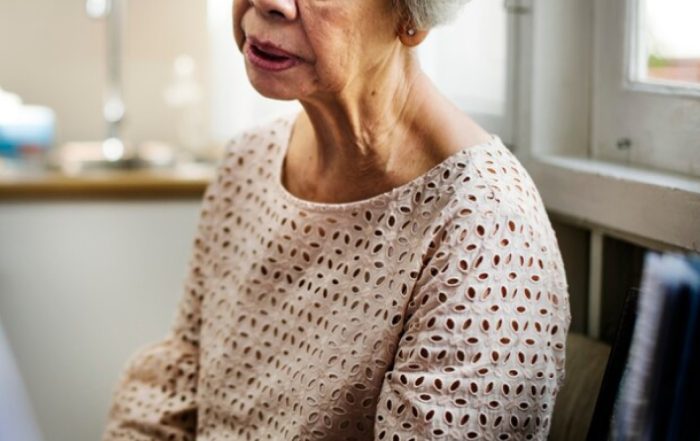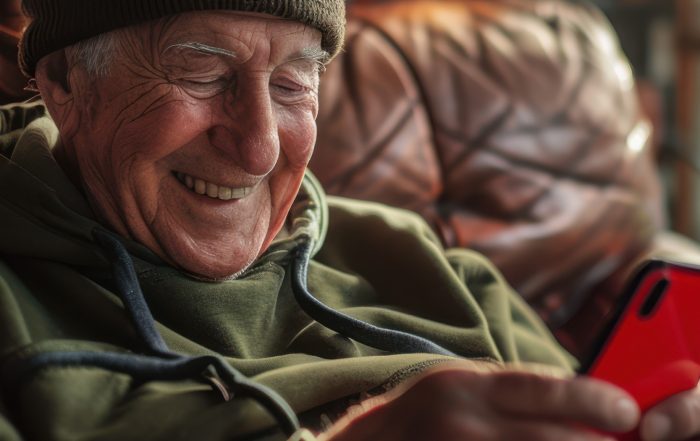According to the U.S. Department of Health and Human Services., people turning 65 today have an almost 70 percent chance of needing some type of long-term care services or support in their remaining years, and 1 in 5 will need such care for more than five years.
As life expectancy continues to lengthen, coupled with the number of people who will require long-term care services, it will make it harder for most families to take care of their loved one without outside help of some kind. This is important as the overwhelming majority of seniors prefer to remain in their own home as long as possible. This brings up the question, when is it time to bring in outside help in the form of a home health aide?
When your loved one is no longer able to care for himself or herself or a family caregiver’s ability to help has been exhausted, it may be time to consider a paid caregiver. Indications that more help is needed can include:
- Leaving the stove on
- Wandering away from home
- Not eating regularly or nutritiously
- Falling frequently or having difficulty walking without help
- Inability to pick up after themselves
- Needing assistance with toileting, showering and dressing
- Not driving safely to doctors’ offices or other appointments
- Forgetfulness
Broaching the subject can be hard with your loved one and even other family members can be difficult, but it is important to reinforce to all that a home health aide can benefit everyone. Your loved one will get the help they need, and family care givers will get some much-needed help.
A Certified Nursing Assistant, homecare service aide or PCA aide can help do the following:
- Assist with activities of daily living, including bathing, dressing, eating, grooming, moving from one place to another, toileting and cleaning up afterward.
- Check vital signs such as blood pressure, respiration, and pulse.
- Monitor a client’s physical and mental condition; level of exercise; and how much they are eating, drinking, and going to the bathroom.
- Handle emergencies such as an accident, heart attack or stroke.
Home health aides do not provide skilled medical services like physical and occupational therapy or skilled nursing care. They can observe the care recipient’s physical and mental health, and report on conditions to a registered nurse or other health care professional.
CBHomeCare and our Family of Providers are happy to assist you with assessing your family’s needs and helping to provide the care necessary to help keep your loved one at home where they want to be. Please feel free to call us at 800-700-0008, and we will be happy to answer all of your questions. You can also click here to read about our services.




